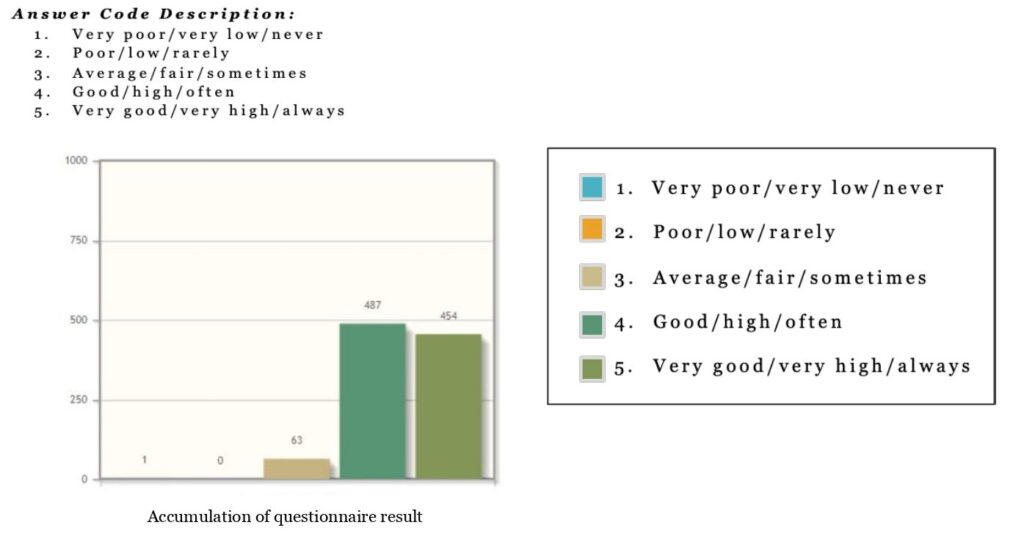Theories of Anthropology
Overview
Course Code
ANT61148
Credits
3
Semester
III
Frequency
Odd
Type
General Course
Class Size
35
Duration
16 meetings
Student Workload
119 hours
Contact Hours
35 hours
Independent Study
42 hours
Description
This course aims to provide an understanding of the concept of human and Indonesian culture in the process of forming its diversity and the process of acculturation of Indonesian culture and its development in order to build awareness of the cultural values of the Indonesian nation.
Course Content
- Understand the study of anthropology in the midst of world uncertainty
- Understand the differences between anthropology and its similarities with literature, and science.
- Place the study of anthropology as a study that emphasizes empiricism, empathy and solidarity.
Reference
Primary Literature
- Pandian Anand. 2019. A Possible Anthropology : Methods for Uneasy Times. Durham: Duke University Press.
- Gillian Tett. 2022. Anthro-Vision : A New Way to See in Business and Life. AVID READER PR.
Knowledge
- Ingold Tim. 2018. Anthropology : Why It Matters. Cambridge UK: Polity Press.
Assessment System
Assessment Matrix
- Activeness 15%
- Assignment 20%
- Quiz 10%
- Presentation 25%
- Midterm Exam 15%
- Final Exam 15%
Peer-Assessment
The percentage of student contribution is taken from the score given by group members to other group members (peer-assessment) regarding the contribution in the process of working on the task from beginning to end.
- Score 100% if the assessed member fully participates from start to finish
- Score 75% if the assessed member participates actively, although sometimes less involved
- Score 50% if the assessed member participates, although often not involved
- Score 25% if the assessed member only appears at the beginning/middle/end only
- Score 0% if the assessed member is not involved at all
- The student contribution percentage score is the total number of peer-assessments divided by the number of group members who were assessed
Students Feedback


